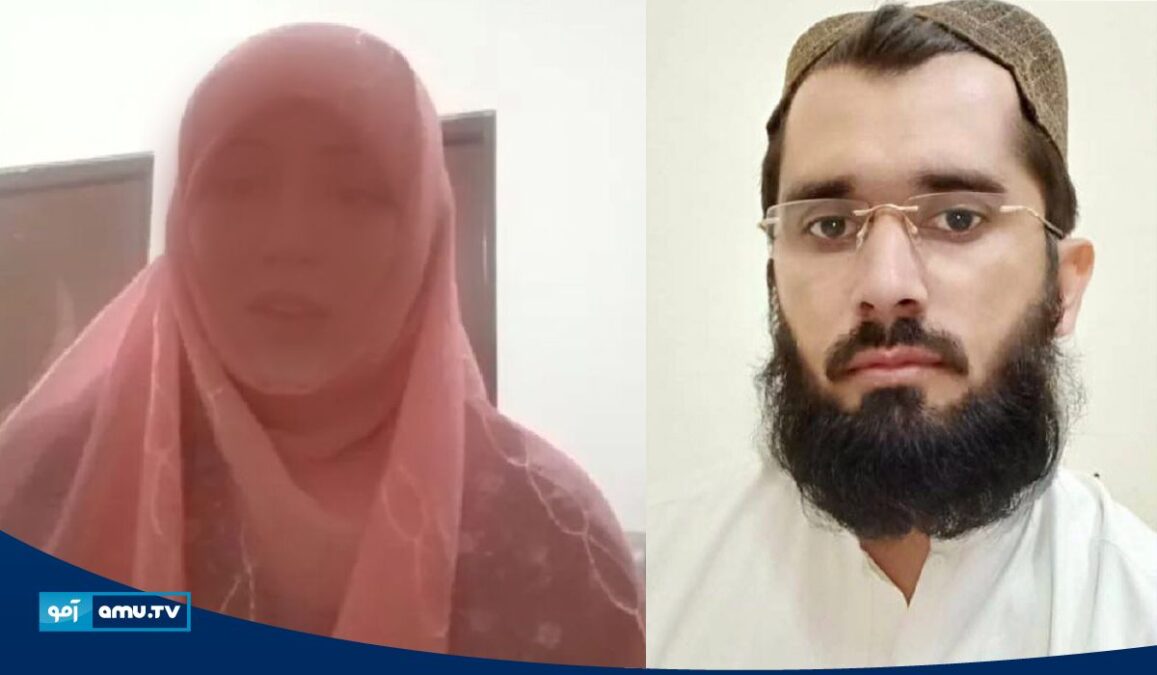Human Rights Watch (HRW) in a statement on Thursday called for an investigation into an Afghan woman’s case who says she has been tortured and raped by a former Taliban spokesman.
“After publishing this video, it’s possible that no one will see me again, I might die,” said Elaha Dilawarzai, an Afghan medical student, in a video that surfaced on social media on August 30. “It’s better to die once than to die a thousand times.”
In the video, Elaha says her father worked for the previous Afghan government’s intelligence service, which operated against the Taliban.
Earlier this year, she says, Qari Saeed Khosty, a former Taliban Ministry of Interior Affairs spokesperson, forced her into marriage.
“He was raping me every night,” she says, crying. “Every night he would beat and torture me.” She also alleges that he filmed her, implying during sexual acts, and threatened to release the videos.
Khosty denied the allegations, saying he and Elaha have divorced and accused her of “insulting religious beliefs and practices and the Holy Quran.”
He apologized – not to Elaha – but to the Taliban, for marrying without permission.
On August 31, a Twitter account purporting to be the Taliban’s Kabul courts wrote that Elaha had been arrested on charges of defaming Khosty.
It would be no surprise for a Taliban official to feel free to inflict forced marriage, rape, assault, non-consensual filming, and blackmail, HRW says.
HRW added that the question is how many such cases go unheard.
When the Taliban took over Afghanistan in August 2021, they systematically dismantled structures to combat violence against women and girls, according to HRW.
According to HRW, Indian journalist Ruchi Kumar corroborated facts about Elaha’s case and said Taliban officials have similarly targeted female relatives of other former government officials with violence to punish their male family members.
Elaha’s video prompted the #JusticeForElaha campaign, again illustrating how women and girls in Afghanistan are using social media to tell the world about Taliban abuses.
HRW says that Afghan women are fighting back against Taliban rights violations with extraordinary courage, using every tool at their disposal, but it asks the world to do more to stand beside them.
“Diplomats in Kabul should urgently inquire about Elaha’s whereabouts and well-being,” the watchdog says. “Countries on the United Nations Human Rights Council should create much greater capacity by independent, expert human rights monitors, in addition to the small team currently supporting the special rapporteur on human rights in Afghanistan, to investigate, report on, and ensure accountability for violations. Then we might know how many Elahas there are.”





